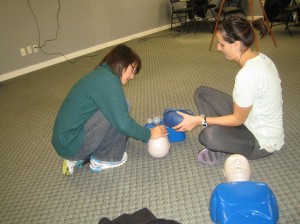Overview
Your child’s school and child care must work with both you and your child to reduce his or her contact to known allergens. Familiarity with severe allergies will help staff to better realize how to assist kids who are in danger of getting anaphylaxis.
Guidance for Parents

If your child is known to be at risk of anaphylaxis and attends a school or child care service, you must:
- Notify the staff at the school of your child’s allergies.
- Chat about risk reduction strategies with the staff.
- Work with staff to complete an Individual Anaphylaxis Health Care Plan (external site).
- Provide the school with your child’s adrenaline auto injector and make sure it has not expired.
The staff at your child’s school should:
- Know your child is in danger of attracting anaphylaxis.
- Talk with you on a consistent basis.
- Follow instructions detailed in your child’s Individual Anaphylaxis Health Care Plan.
- Get training in how to identify and respond to an anaphylactic reaction, including how to use the adrenaline auto-injector.
- Make sure the adrenaline auto injector is kept in an unlocked, easily reachable place.
- In the occasion of a reaction, follow the instructions in your child’s ASCIA action plan.
Where To Get Assistance
- If you or your child has severe symptoms, phone for an ambulance if there is a medical emergency.
- Phone your GP.
- Visit your GP after hours if necessary.
Related Video On Anaphylaxis
https://www.youtube.com/watch?v=HSUYVRpLFeQ
